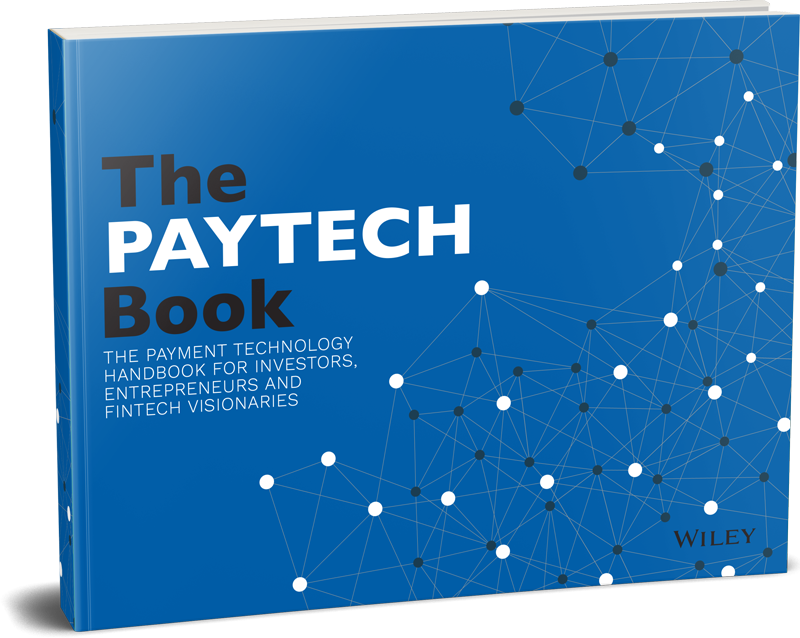The AI Book
The first crowdsourced book on the application of AI across financial services.
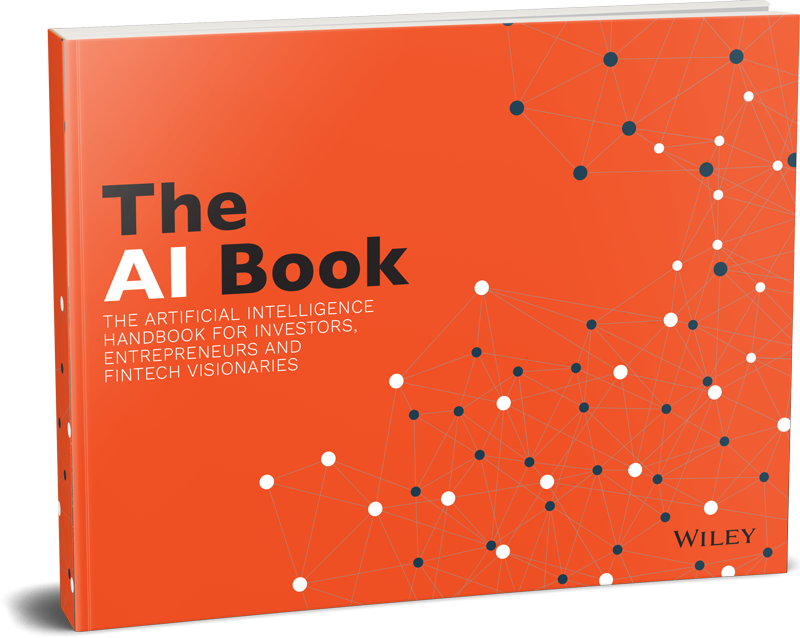
The Artificial Intelligence handbook for investors, entrepreneurs and fintech visionaries.
The AI Book brings together top entrepreneurs, investors and AI experts, who exclusively share their visions and unique insights on the nature of AI, machine and deep learning, AI solutions for finance, regulations as well as ethical considerations and projections as to the future of this technology and how it will impact our lives and our jobs.
Get up to speed on the latest industry developments, grasp the market dynamics of the ‘fintech revolution’, realize the sector’s potential, and gain expert insight on investment and entrepreneurial opportunities!
Book editors

Ivana Bartoletti
IVANA BARTOLETTI is Technical Director at Deloitte, a public speaker, author and media commentator. In her day job, Ivana helps businesses with their privacy by design programmes especially in relation to AI and blockchain technology. She was awarded ‘Woman of the Year’ (2019) in the Cyber Security Awards in recognition of her growing reputation as an advocate of equality, privacy and ethics at the heart of tech and AI. She is a sought after commentator for the BBC, Sky and other major broadcasters and news outlets (Guardian, Telegraph) on headline stories where the tech economy intersects with privacy and data law and politics. In May 2018, Ivana launched the Women Leading in AI network, an international lobby group of women advocating for responsible AI.

Susanne Chishti
SUSANNE CHISHTI is the Founder and CEO of FINTECH Circle and the FINTECH Circle Institute, the leading peer-to-peer learning platform providing in-person and online courses across fintech enterprise innovation, wealthtech, insurtech, artificial intelligence and blockchain applications in finance, crypto-currencies and startup methodologies. As Co-Editor of the global Bestseller The FINTECH Book, she has been selected as a “City Innovator – Inspirational Woman” in 2016 and one of the top 100 fintech influencers globally in 2019 after working for 14 years across Deutsche Bank, Lloyds Banking Group, Morgan Stanley Investment Management and Accenture in London and Hong Kong.

Anne Leslie
ANNE LESLIE has 15+ years’ experience experience in customer-facing roles in banking, insurance and related advisory and technology businesses with core expertise in identifying innovation opportunities allowing start-ups to accelerate their scale and incumbents to kick-start their transformation.

SHÂN M. MILLIE
SHÂN M. MILLIE specialises in practical Innovation primarily for firms and high-performing individuals in Insurance/InsurTech, focusing on Design & Incubation, Business StoryTelling and coaching. She founded Bright Blue Hare in 2016, and is Founding Associate of London Market growth and business performance specialists, GreenKite.
Table of contents
The first primitive applications of AI in banking date back to the 1950s and today, AI is being used to great effect across the financial services industry. Financial firms across the globe are increasingly aware of the power of AI to improve the customer experience, reduce operational expenses, enhance compliance efforts and help them enter new markets and gain revenue more quickly.
This chapter provides a pragmatic overview of the evolution and impact of the various AI technologies which have made dramatic advances in our ability to use machines to automate and enhance financial services, and which are likely to be further amplified by complementary technologies such as blockchain and quantum computing.
Deposits and lending represent a massive business which directly and indirectly touches almost all parts of the economy. This chapter looks at both the opportunities and challenges of some of the newest and most interesting attempts to use AI in the deposits and lending business, such as:
- How AI is being used to determine creditworthiness, particularly for those without credit histories, as well as to streamline the lending process
- How AI is being leveraged in the form of chatbots and in digital advisory
- How AI is being used to improve the banking experience for customers, and what this means down the line in terms of reliance on personally identifiable information (PII) for financial decision-making
Insurance is cited as the original ‘data-led sector’ — a locus of huge opportunity, and simultaneously at imminent risk of existential disruption, because of AI. Insurers unambiguously recognise AI as game-changer, whilst pointing to here-and-now behavioural pricing (telematics, anyone?), facial recognition, chatbots and sophisticated real-time anti-fraud.
This chapter seeks to show the state-of-play, near-term developments, and the live issues: from Underwriting and Claims to Access to Insurance; from new visions of Customer engagement in Life&Health, to working out new modes of value for the innovating corporate customer; from solving old problems, to working out what ‘disrupted’ Insurance looks like.
Across all sectors, e-commerce and innovative new payment systems are being fuelled by open banking, improved internet access and increased use of smartphones. Artificial Intelligence holds many promises in this field and has the potential to profoundly transform the payment sector leading to better fraud prevention and detection, reduced operational costs as well as leaner processes.
This chapter aims to unlock the potential of AI in the digital payment sector, showcase the possible uses and opportunities while presenting the challenges and issues to enable leaders to understand how to leverage the opportunities and mitigate the risks.
Automated trading has been happening for a long time and, like in many other sectors, has the potential to reduce costs, increase efficiencies and help gain competitive advantage by humans delegating tasks to machines for decision making in fast-moving financial markets.
This chapter will provide an understanding of the potential of AI beyond the trading floor, explore to what extent financial sector players are ready to hand over decisions to machines, and with what degree of human intervention and judgment call. In particular, the chapter will analyse the opportunities of AI deployment in investment and asset management, and what are the key challenges and skills gap that may be needed to keep up with a fast-paced sector where the market moves at rapid speed.
AI’s impact on and in Capital Markets is proposed as a democratizing force for access to capital across the global economy, through unlocking greater efficiencies, safety and security, and performance. Firms are engaged today in testing out AI technologies to cut costs and streamline process and speed up trading.
This Chapter explores current use cases and ideas further, and seeks to show where next steps in adding Value (for clients, colleagues and other stakeholder)may come — in front-, middle or back-office, from active investment to capital flows. When will we see full automation of sales and trading? What is the business case for AI, and what questions (or obstacles, depending on your viewpoint) must be answered?
Finance may well be a test for the trust consumers place in Artificial Intelligence. Data is essential for the AI industry to flourish but what steps do financial services need to take to ensure customers trust the sector to innovate through AI? And what is the tradeoff between consumer benefits and privacy? E-commerce, PSD2 and the rapid increase of smartphone ownership mean consumers demand efficient services alongside strong security and privacy protections.
This chapter will focus on the key issues of transparency and trust, and will outline what digital ethics mean for the financial sector. As ethics is becoming mainstream in the debate around AI, contributors will outline what are the ethical challenges facing fintech players and institutions alike, from creditworthiness to algorithmic bias and fairness, and use of personal data and transparency.
Adoption into the ‘business as usual’ of AI creates both new risks, and yet more of existing risks, for financial services firms, and Regulators of all kinds. This Chapter aims to map out the landscape, and hub thinking on key issues and developments. Who is ultimately responsible for AI decision-making? What does ‘Liability’ mean? What does regulating the development and use of AI look like, and who are the actors involved — governments, industry, tech firms, academia, consumer bodies? Where do the common standards for identity, audibility, data-sharing etc. come from and how are they enforced? Is RegTech the answer?
Adoption into the ‘business as usual’ of AI creates both new risks, and yet more of existing risks, for financial services firms, and Regulators of all kinds. This Chapter aims to map out the landscape, and hub thinking on key issues and developments. Who is ultimately responsible for AI decision-making? What does ‘Liability’ mean? What does regulating the development and use of AI look like, and who are the actors involved — governments, industry, tech firms, academia, consumer bodies? Where do the common standards for identity, audibility, data-sharing etc. come from and how are they enforced? Is RegTech the answer?
The AI books is crowd-sourced from a community of experts.
Access and leverage the most relevant information, resources, and opportunities in fintech today.
Global FINTECH Expertise
Innovation by Collaboration
Visionaries & Opinion Leaders
The FINTECH Book series.
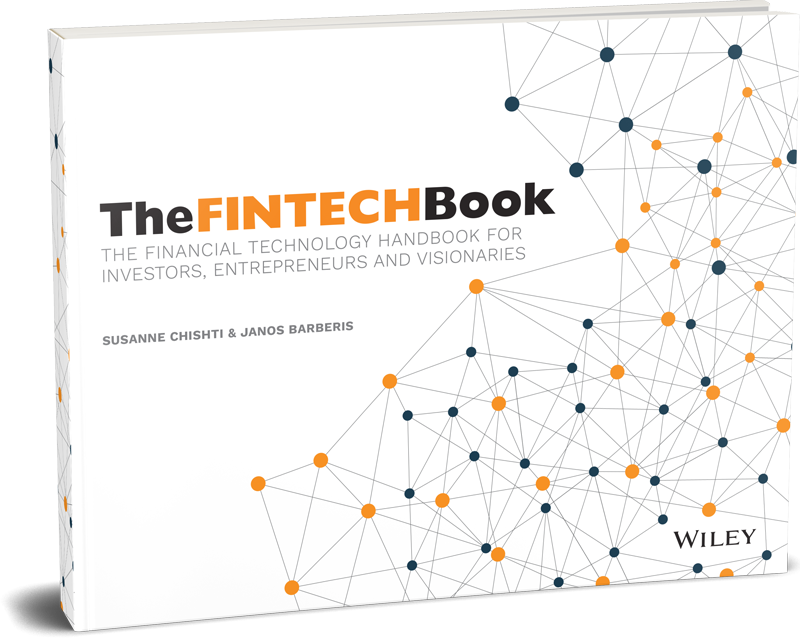
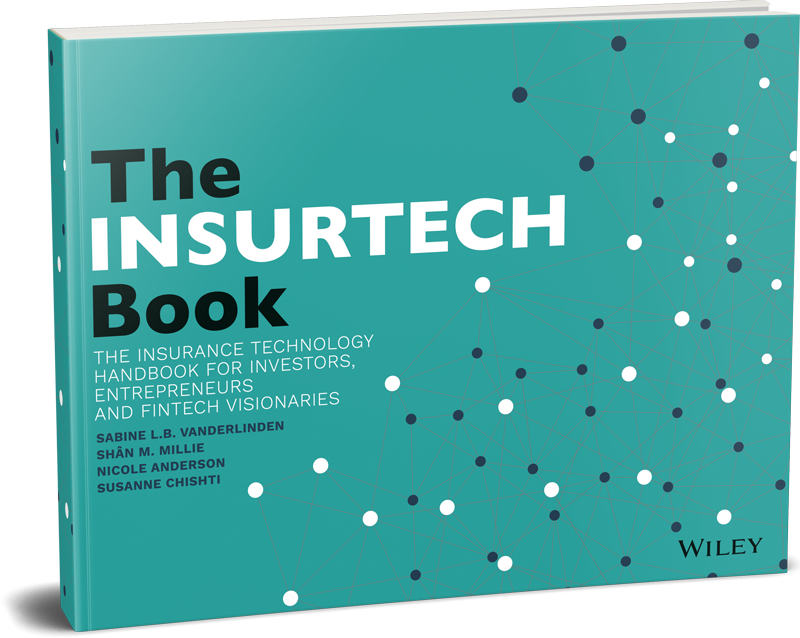
The definitive compendium for the Insurance Digital Revolution. Essential updates, critical thinking and actionable insight from this evolving ecosystem.
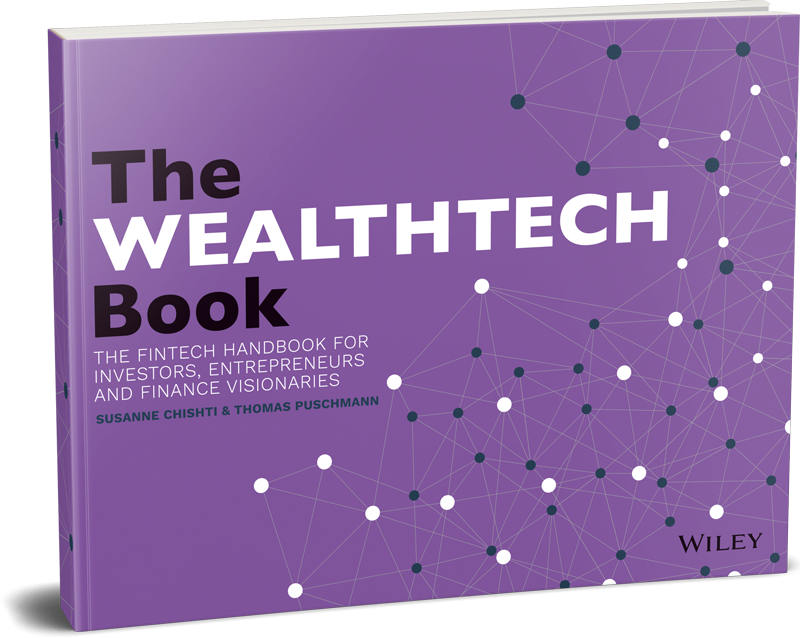

The AI Book is your primary guide to applications of artificial intelligence to the financial industry.
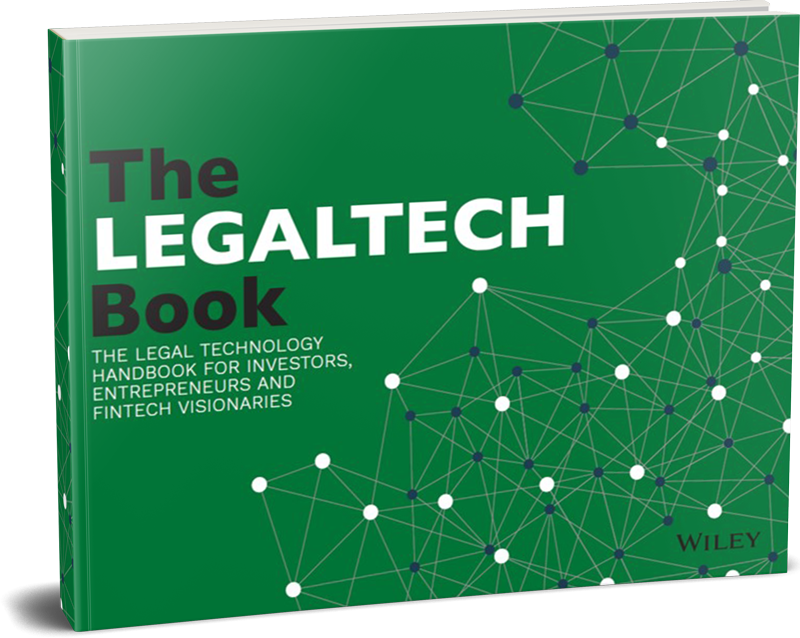
The first crowdsourced book on legal technologies and innovations focused on the financial services sector.
All books are published by

